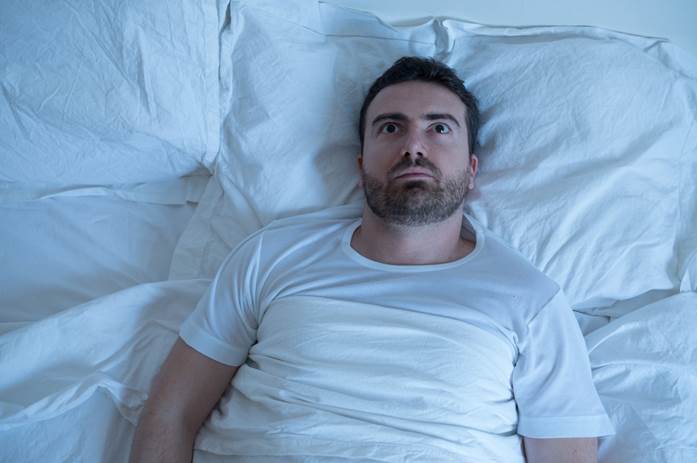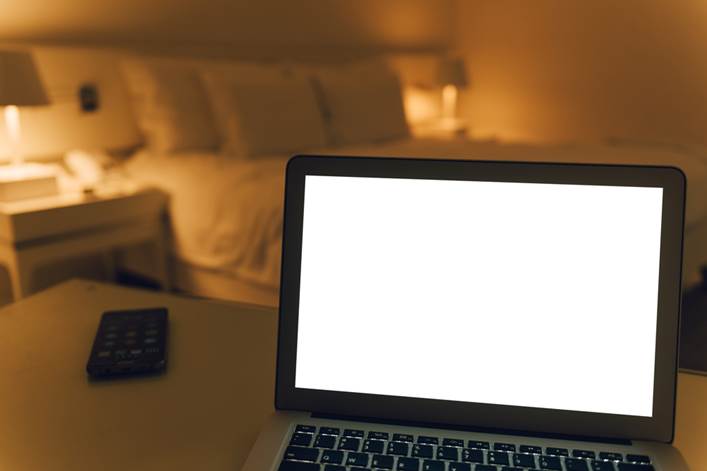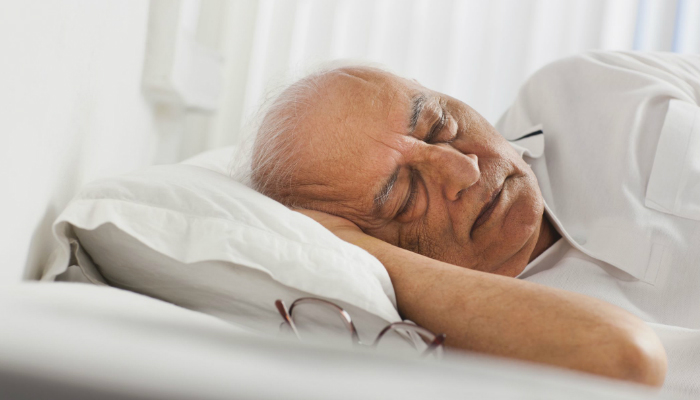
Getting a good night’s sleep is essential for our physical and mental health, but sometimes falling and staying asleep can be challenging. Waking up in the middle of the night and struggling to fall back to sleep can be frustrating and lead to fatigue, mood swings and decreased productivity. From investing in a quality mattress to creating a bedtime ritual, there are several tips and strategies that can help you fall back to sleep quickly and easily. Continue reading for a list of nine practical strategies for falling back asleep when you wake in the middle of the night.
1. Have a Comfortable Bed
When your bed is uncomfortable, it can cause discomfort, pain or restlessness, making it harder to fall asleep again when you wake up. A quality mattress is a foundation for high-quality sleep. Choosing a supportive and comfortable mattress for your body type, sleep position and any existing health conditions is essential. You should always prioritize comfort, so consider opting for a Sealy mattress or another top-grade mattress suited to your needs. In addition to a quality mattress, invest in a mattress topper or high-quality bedding that is soft, breathable and comfortable. These can help to regulate temperature, promote airflow and provide proper support for your body.
2. Use a Quality Pillow
The right pillow can help to provide proper support for your head, neck and spine, reducing the risk of discomfort or pain that can interfere with your sleep. When choosing a pillow, it’s important to consider your needs and preferences, such as sleep position, body type and existing health conditions. Additionally, it’s important to consider the quality of the materials used in your pillow. Consider choosing a memory foam pillow or a pillow made from high-quality, breathable materials that are durable and easy to clean like natural latex.
3. Turn Down the Temperature
When your bedroom is too warm, falling and staying asleep can be harder as your body may struggle to regulate its temperature. If you wake up in a sweat, with damp sheets, the likelihood of getting back to sleep is slim. High bedroom temps also lead to restlessness, waking up frequently at night and feeling hot and uncomfortable.
According to the Center for Disease Control, the ideal room temperature for promoting restful sleep is 65 to 68°F. To optimize your bedroom temperature, it’s important to consider factors such as ambient home temperatures, air circulation and bedding. Adjusting your sleep temp to make it perfect may involve using smart thermostat technology, a fan or air purifier or investing in bedding that is designed to regulate temperature and wick moisture.
4. Remove the Workstation from Your Sleep Space
When you work or study in your bedroom, your brain starts associating that space with being awake and alert rather than relaxed and ready for sleep. To create a more sleep-friendly environment, remove any work-related materials from your bedroom and keep only essential items in your bedroom, such as your phone. This means creating a separate space in your home where you can work or study, either in another room or using a divider or screen in your bedroom to create a separation between your work area and your sleep area.
Source: MK photograp55/Shutterstock.com
5. Designate a Sleep-Time Ritual
Creating a bedtime ritual can be a helpful way to signal to your body that it’s time to wind down and prepare for sleep. This can include relaxing activities such as taking a warm bath or shower, practicing gentle yoga and stretching or reading a book. It can also help to include comfort items such as soft pillows, a sleep mask and cozy blankets.
It is important that you follow the same routine every night, ideally starting at least 30 minutes before bedtime, so your body can learn to associate these cues with falling asleep. Then, you’ll enjoy a deeper sleep with less risk of waking up and staying awake. But if you do wake up and can’t fall back asleep, redoing steps from your routine may have a calming effect and help you enjoy the sweet embrace of slumber once more.
6. Avoid Caffeine Late in the Day
Research has found that excessive caffeine consumption can lead to reduced sleep time and worsened sleep quality due to its stimulating qualities. If you’re having trouble sleeping or getting back to sleep after waking, it’s recommended to limit your caffeine intake to the earlier hours of the day. This includes coffee, tea, energy drinks, soda, chocolate and even some medications and supplements. If you crave your favorite caffeinated beverages later in the day, try consuming decaffeinated versions to prevent disrupting your sleep for the night.
7. Invest in White Noise
Environmental noise is the most common reason for disturbed sleep, with at least 25% of Americans reporting external noise disturbing their sleep. White noise is a common method used to mask or reduce background noise by creating a soothing background noise. You can either invest in a white noise device and apps or set up your fan to create consistent background noise. It’s always a good idea to experiment with different techniques and strategies to see what works best for you when it comes to getting a good night’s sleep.
8. Get Up and Do Something Else
Lying in bed awake can become frustrating or anxiety-inducing, which can cause you to negatively associate the bedroom with sleeping poorly. The American Academy of Sleep Medicine recommends getting out of bed if you don’t fall back to sleep within 20 minutes. Try doing a relaxing activity such as reading a book, journaling or listening to calming music. It’s important to avoid watching TV or using electronic devices, as the blue light emitted from screens can make it even harder to fall asleep.
Source: Roman Samborskyi/Shutterstock.com
9. Speak to a Professional
Although it can be normal to have occasional trouble falling asleep or getting back to sleep after waking up during the night, if it becomes a chronic issue, it may be worth discussing with a healthcare provider. Poor sleep can significantly impact your physical and mental health, and it’s important to address any underlying issues contributing to your sleep difficulties. A healthcare provider can help you identify potential causes of your sleep problems and provide guidance on lifestyle changes and sleep aids that can improve the quality of your sleep.
The Final Word on Falling Back Asleep
Falling back to sleep after waking up in the middle of the night is crucial for getting the rest your body needs. Incorporating these tips and strategies can help you get back to sleep quickly and easily. Of course, it’s important to be consistent with improving your sleep habits, as it may take some time to see significant improvements. However, by prioritizing your sleep and taking steps to improve the quality of your rest, you can experience the numerous physical and mental health benefits of a good night’s sleep.
FT img. Source: tommaso79/Shutterstock.com





